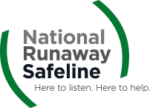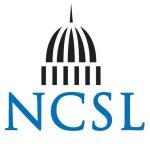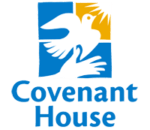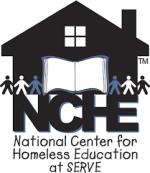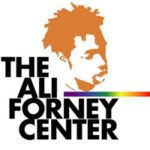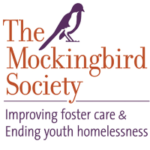Prevention & Intervention
- Alcohol and Drugs (24)
- Behavior Management (21)
- Bullying (70)
- Cyber Bullying (46)
- Foster Youth (44)
- Gangs and Violence (30)
- Homeless and Runaway Youth (16)
- Mentoring Programs for Youth (25)
- Safety (59)
- School Counseling (20)
Youth can call 1-800-RUNAWAY for assistance. The National Runaway Switchboard also offers resources for parents and educators, including a comprehensive curriculum to help runaway and at-risk youth make healthy and safe choices.
NCSL stands for National Conference of State Legislature, a website that includes general information, recent studies and solutions on various social related issues such as homeless and runaway youth, drug abuse and others.
This flowchart helps parents and children determine whether they are eligible for school enrollment under the McKinney-Vento Act. It provides information for families who have been turned down by public schools.
Covenant House was founded 40 years ago, taking in homeless youth, offering them a hearty meal, a bed to sleep on and shelter over their head. Moreover, this house strives to move each kid forward down the path to an independent adulthood by offering services such as street outreach, health and medical care, GED high school program and other.
The National Center for Homeless Education provides resources for educators working with homeless students. Topics include extra-curricular programs, special education, immigrants and refugees, and higher education, among others.
The Ali Forney Center is a website illustrating all available shelters, their contact information and the program they offer across various states.
Mental Health America is a national non-profit community organization that is dedicated to helping people live mentally healthier lives.
Take a look at their website for additional resources including mental health screening tools, overcoming negative thoughts activities, and resources available in Spanish.
A resource for Washington’s foster youth that provides information and advice about how to gain independence and be successful after leaving the foster care system. This link provides information about scholarships, jobs, housing, education, and money management.
The Mockingbird Society is leading the independent voice for foster care reform in the state of Washington and beyond.
A resource for Virginia’s foster youth that provides information about education, money management, transportation, legal issues, job training and job opportunities, and staying healthy.
The Pennsylvania Youth Advisory Board (YAB) is comprised of current and former substitute care youth ages 16-21. Youth leaders on the YAB educate, advocate, and form partnerships to create positive change in the substitute care system.
The Oregon Department of Human Services is working in partnership with ASPIRE to encourage and empower foster youth to gain the knowledge and skills to become self-sufficient, responsible and contributing members of their community.
